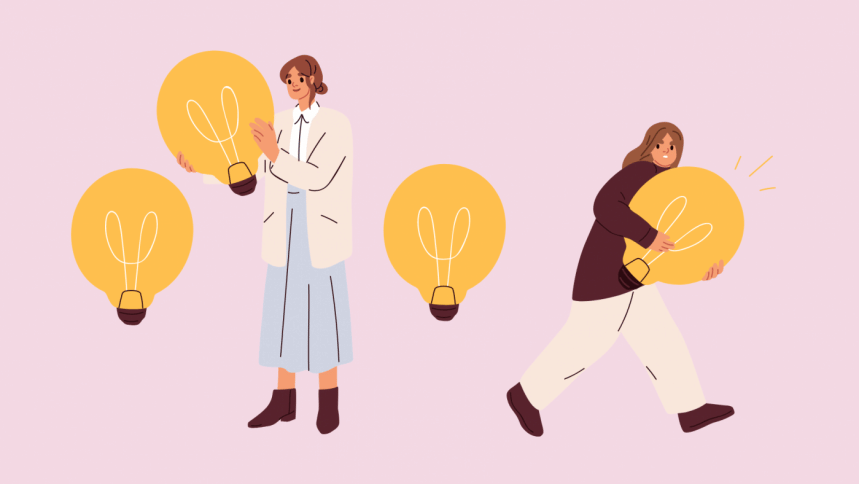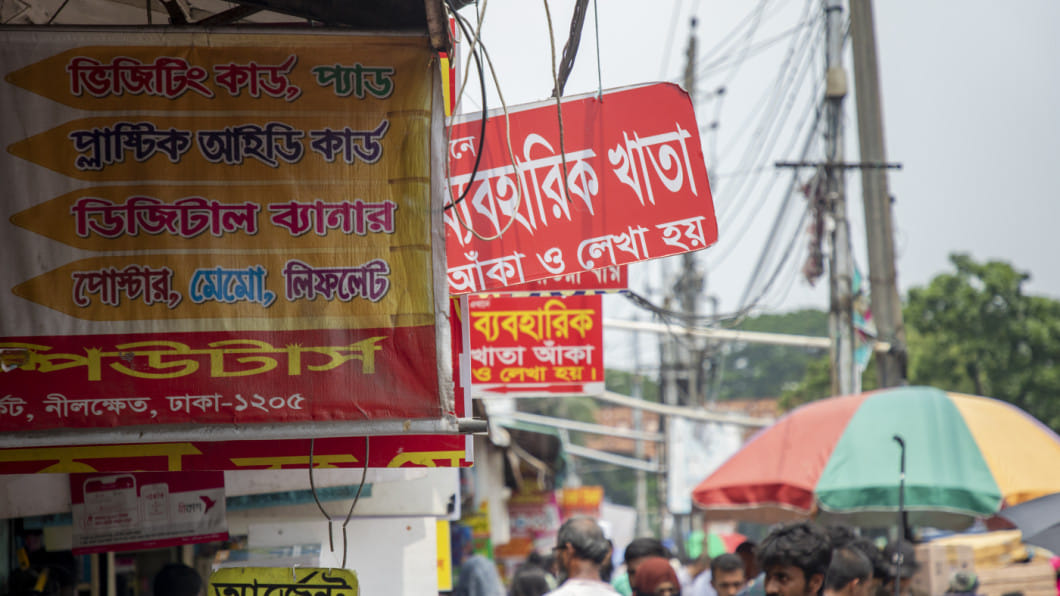Why you need to know about contract cheating

It's 6:00 PM. You have an essay deadline at 11:59 PM in Google Classroom. Your grades aren't bad. However, you've been through personal stress. You couldn't effectively manage time. You have a reputation to maintain in front of your family and peers. You message a good friend who has submitted. Your friend and you "navigate" the virtual world. You submit the essay just before midnight.
Now pause and think. Do you know somebody like the person above?
***

Once a form of academic dishonesty is identified as a trend, it takes time to (a) educate recipients, and (b) find ways to address it.
Citing somebody else's work as your own or extracting the bulk of your submission from one or two sources is plagiarism. Today, plagiarism can be detected. Institutes have developed methods to address plagiarism. There is a new form of academic dishonesty now. It's contract cheating.
Robert Clarke and Thomas Lancaster coined the term "Contract Cheating" in 2006. Contract cheating is a process through which students (or academics) get original work done for them through a third party. This third party can be a friend. It can also be a site (or a firm) that does original work for a fee.
Contract cheating flourished during the Covid-19 pandemic when education went online. Educators could smell something fishy, but they neither had the techniques to detect it nor the framework to address it.
Sadly, thanks to globalisation, it's possible to anonymously access online resources. Online sites tempt students towards free essays. These sites now use AI and ChatGPT. Search engines show these sites at the top of their searches through sponsorship. Before too long, students find themselves in front of essay mills that offer tailor-made essays, and even dissertations. If you didn't know all this, don't worry. These essay mills hire influencers to influence students from as early as middle school through online platforms.
***
Our friend is somebody we've all known at some point. Desperation leads young people to do things they may not understand at the time. This is where educators and institutes need to identify students who need extra support in writing and motivate them. Educators can check drafts of a submission with a one-to-one discussion. However, as class size increases, this method becomes challenging.
Parents also need to be made aware that if their child doesn't make it to a top school or a top university, it's not the end of the world.
Fortunately, contract cheating detection software is being developed. Plagiarism-checking software now uses metadata to extract internal features of a Word file. A document.xml file reveals if a Word file has gone through developing content, editing, adding citations and figures, proofreading and corrections, and the like. Through forensic language analysis, it is possible to analyse the uniqueness of a writing style and compare it with past submissions of a candidate. All these are in primary stages now, but they will develop. And with it, detecting contract cheating will become more evident.
***
If contract cheating isn't acknowledged as academic dishonesty or isn't checked, it encourages an unfair system. What incentive will I have to be honest if others can get away with contract cheating? Over time, unfair systems destroy themselves. This is a historical fact.
Asrar Chowdhury is a professor of Economics at Jahangirnagar University. He talks about economic theory in classrooms. Outside he listens to music, follows Test Cricket, and plays the flute. Email: [email protected]

 For all latest news, follow The Daily Star's Google News channel.
For all latest news, follow The Daily Star's Google News channel. 









Comments